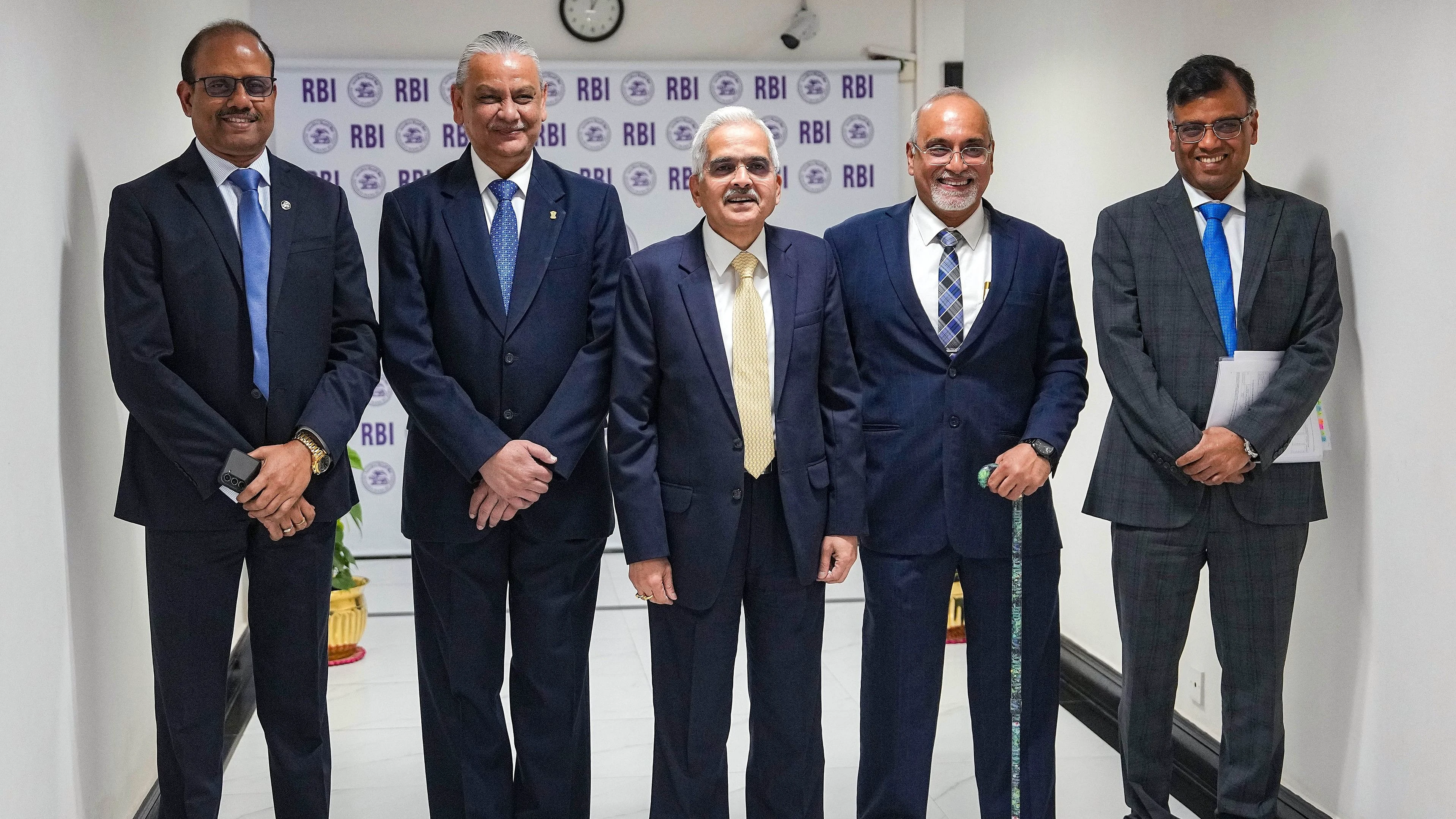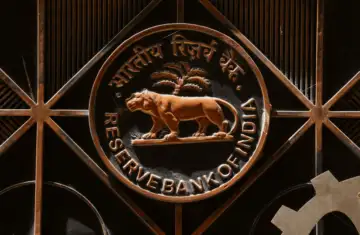
New Delhi: Reserve Bank of India’s deputy governor M Rajeshwar Rao on Friday cautioned non-banking finance companies (NBFCs) saying some of their business practices related to peer-to-peer lending do not appear to be in line with the regulatory guidelines.
A large proportion of lenders on NBFC-P2Ps (NBFC peer-to-peer) are individuals and they are not expected to be well-equipped to understand the risks involved in providing credit. Instead of educating the lenders about the inherent risks in the lending activity, NBFC-P2Ps have been observed to underplay the risks through various means such as promising high/ assured returns, structuring the transactions, providing anytime fund recall facilities, etc, Rao said.
“Let me make it absolutely clear that any breach of licensing conditions and regulatory guidelines is non-acceptable,” he added.
RBI deputy governor’s warning to NBFCs comes days after the central bank imposed business restrictions on Paytm Payments Bank.
Speaking at an NBFC Summit organised by Confederation of Indian Industry (CII) in Mumbai, Rao noted that post March 2023 banking sector turmoil in the US and Europe, the business models of financial entities have come under enhanced scrutiny.
“We have also observed a concentrated business model in some NBFCs. For example, some of the NBFCs, have concentrated exposure to segments such as consumer loans, vehicle loans, etc,” Rao said
“If any of these segments faces economic stress, there can be significant impact on the financials of those NBFCs and, in turn, on their lenders including banks. It is in their self-interest that entities should consider these risks and we expect that Boards are having a pulse on such issues,” he added.
On the issue of whether NBFCs should be allowed to accept deposits, Rao said. “The NBFCs have evolved as niche companies serving specific economic functions and it is uncharacteristic for them to demand becoming like a bank.”
He said there are lower entry and exit barriers and easier regulations for NBFCs because of their feature of non-acceptance of public deposits.
Minimum initial capital requirement for a universal bank is Rs 1000 crore, while for NBFC it is Rs 10 crore. Banks cannot engage in any activities other than those which are specifically provided under the Banking Regulation Act, 1949, whereas there are no such restrictions for NBFCs.
Also, banks are required to deploy a minimum 40% of the adjusted net bank credit towards priority sector lending. NBFCs have no such requirements
Rao pointed out that the RBI has not issued any certificate of registration to new NBFCs for acceptance of public deposits since 1997. On the contrary, the Reserve Bank’s approach has been to disincentivise deposit-taking activities of NBFCs. The number of deposit-taking NBFCs declined from 241 in March 2014 to 26 in September 2023.
 FILE PHOTO: A Reserve Bank of India (RBI) logo is seen inside its headquarters in Mumbai India April 6 2023. REUTERS/Francis Mascarenhas/File Photo
FILE PHOTO: A Reserve Bank of India (RBI) logo is seen inside its headquarters in Mumbai India April 6 2023. REUTERS/Francis Mascarenhas/File Photo

